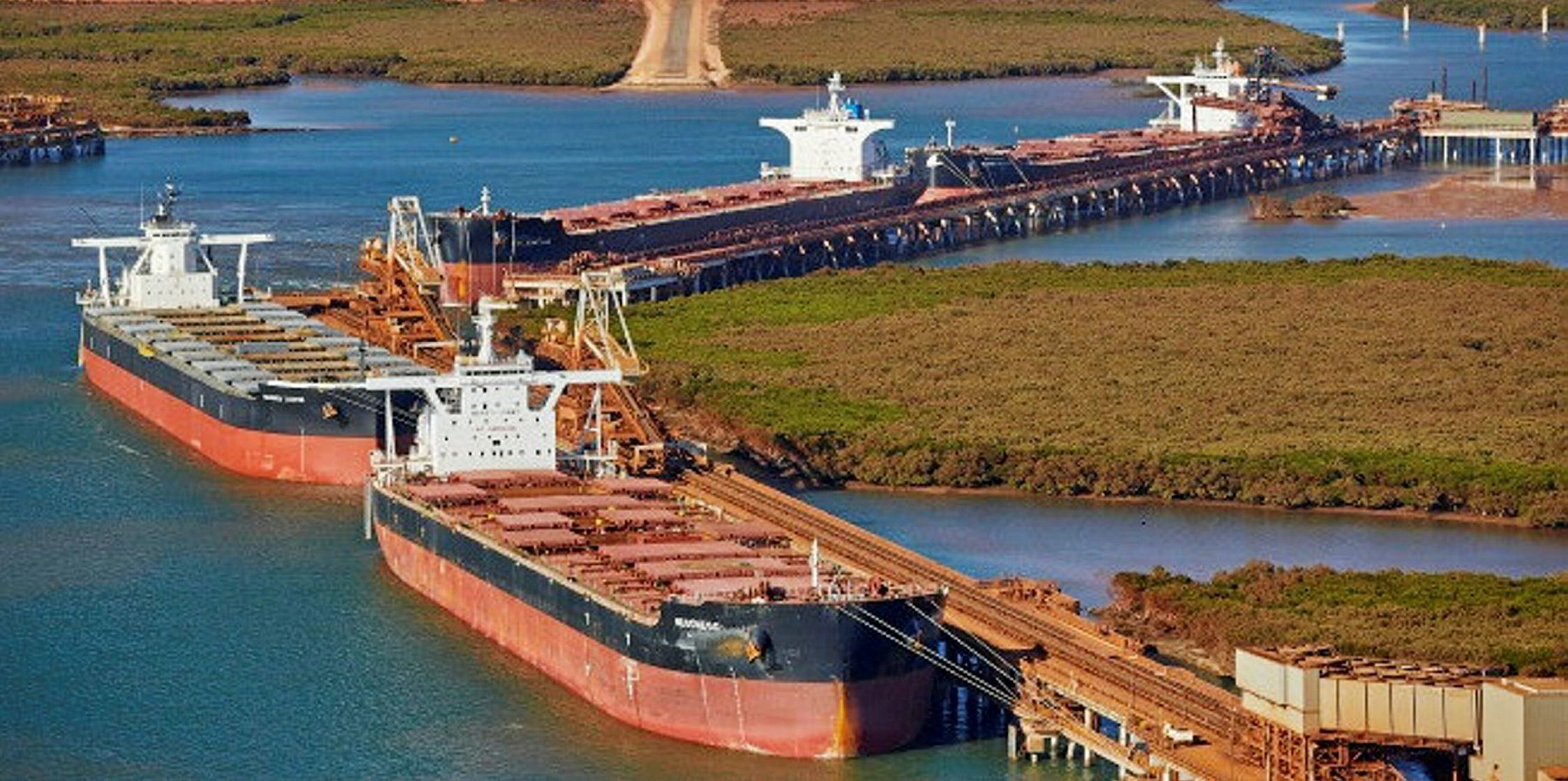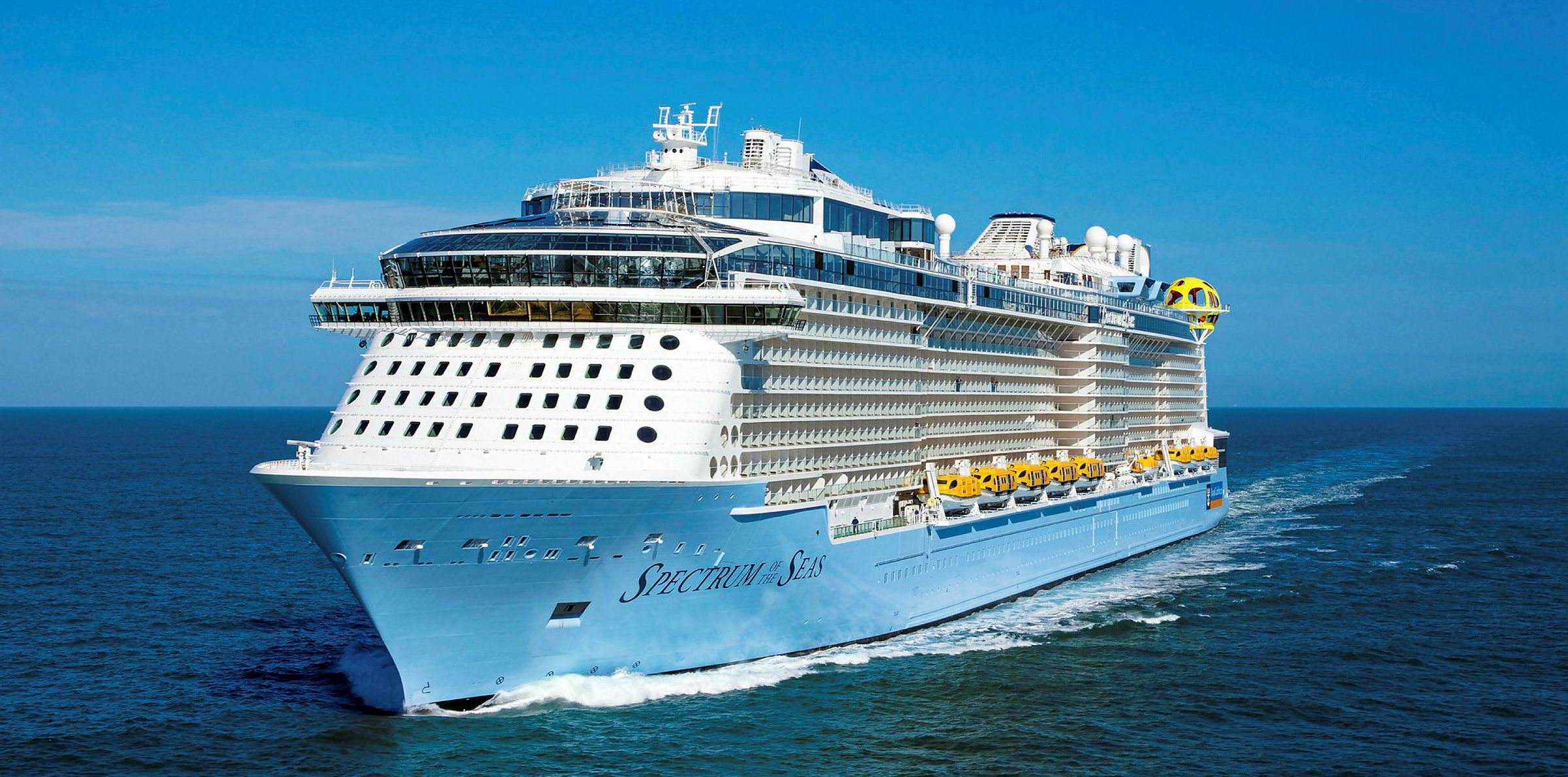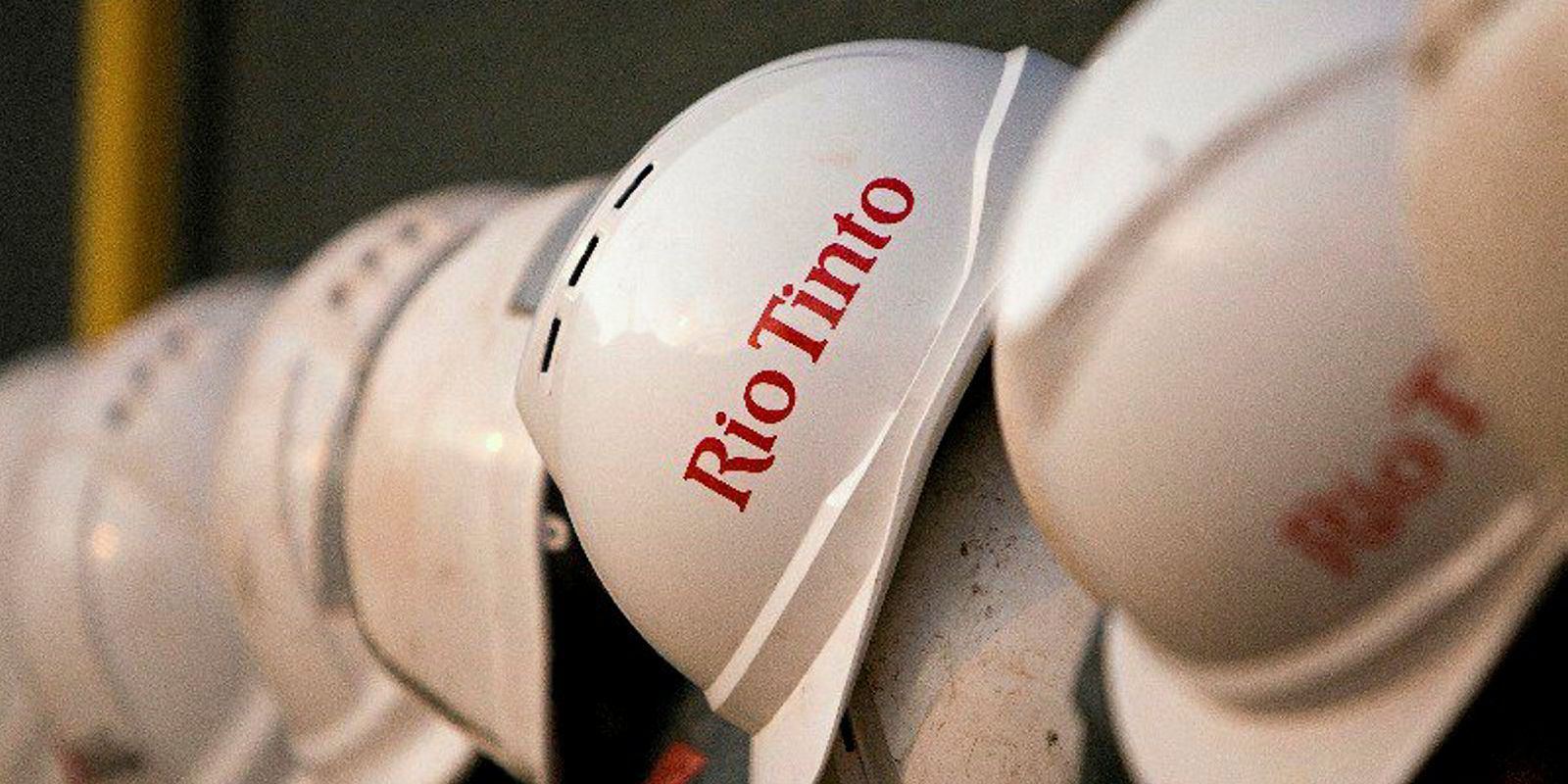The Maritime Union of Australia (MUA) has slammed authorities for what it describes as a “gaping hole” in Australia’s biosecurity net.
The group said the government had “failed to implement adequate checks” for coronavirus infections on vessels arriving at Australian ports.
Merchant vessels are required to self-declare any quarantine or biosecurity threats before arrival into Australia.
But the MUA said that unlike cruiseships, many cargoships don’t berth at major facilities and are only boarded by biosecurity agents after several other Australian workers have been in contact with the vessel and its crew.
“Merchant vessels are unlikely to have a doctor onboard and the accurate diagnosis of a virus like the coronavirus could be left to untrained seafarers,” the union warned.
MUA national secretary Paddy Crumlin said Australian workers are going out to ships and having direct contact with foreign seafarers before they enter port.
“Tugboat crews are receiving ships equipment that may have been in contact with infected seafarers. Linesman and other port workers all perform work with the vessel well before biosecurity agents will go up the gangway of a ship, if at all,” he said.
“It shouldn’t be left to these workers to provide Australia’s response to an international, viral threat.”
Crumlin said the MUA is urging the federal government and Agriculture Minister Bridget McKenzie, whose portfolio covers biosecurity, to “immediately act and address the deficiencies” in a system that allows foreign vessels to trade in and out of Australian ports, with “little more than an email” as proof of compliance with biosecurity protocols.
“Australians have a right to know what measures and protocols are being initiated by the federal government to properly identify and diagnose potentially infected foreign seafarers, from areas of concern, prior to entry into Australian ports,” he said.
“We need to know who is verifying that this is being done, what notifications are being given to ports prior to the vessels entry when there are suspected infections, what provisions are in place for the proper treatment of infected foreign seafarers, and what maritime and port workers can do to protect themselves against infection.”






